A growing campaign is pushing for a rise in the UK’s personal tax allowance to £20,000, gaining significant support across the country. The initiative, which has gathered more than 230,000 signatures, aims to address concerns about the financial pressures on low-income workers and pensioners.
The debate has intensified following questions raised by MPs, and a response from the Treasury is now part of the ongoing discussion. According to Devon Live, the government has firmly rejected the proposal, citing the fiscal impact and the strain it would place on essential public services. This debate is set to continue in Parliament soon.
Petition Gains Support and Hits 235,000 Signatures
The petition, which aims to raise the personal tax allowance from £12,570 to £20,000, has surpassed 235,000 signatures. It seeks to address concerns that the current threshold unfairly impacts low-income workers, with many advocating that it would also benefit pensioners who might soon face taxation on their state pensions for the first time.
The petition creator, Alan Frost, emphasised that raising the personal allowance would help low earners get off benefits and ensure pensioners receive a decent income. He also expressed opposition to taxing pensioners on their state pension once it exceeds the current personal allowance, calling it “abhorrent.”
According to Frost, this increase would also inject more money into the economy, creating growth and lifting many low earners out of benefits.
Treasury’s Response to the Campaign
In response to the petition, the Treasury has clarified that there are no plans to increase the personal tax allowance. Exchequer Secretary James Murray emphasized the significant fiscal cost of such a move, which would reduce vital public funds used for services such as healthcare and education.
The government has expressed its commitment to fiscal responsibility, stating that an increase would cost the government “many billions of pounds per annum.”
The Government is committed to keeping taxes for working people as low as possible while ensuring fiscal responsibility – Murray said.
At our first Budget, we decided not to extend the freeze on personal tax thresholds – He further explained,
Increasing the Personal Allowance to £20,000 would reduce tax receipts substantially, decreasing funds available for the UK’s hospitals, schools, and other essential public services that we all rely on.
The Treasury also pointed out that raising the personal allowance would undermine the Chancellor’s efforts to restore fiscal responsibility and economic stability, which are seen as critical to stimulating the economy, keeping taxes, inflation, and mortgages as low as possible.
Impact on Public Services and Fiscal Responsibility
The government’s stance centers on maintaining fiscal responsibility. The Treasury argues that an increase in the personal allowance would diminish tax receipts, potentially undermining efforts to ensure the long-term stability of public services.
This comes in contrast to arguments from petitioners who believe the change would relieve financial pressures on low earners and pensioners.
There is also a growing concern about “fiscal drag”, a situation where the personal tax allowance has been frozen since 2021, with no changes until at least 2028.
As wages increase, more people are being forced into paying tax, even though they are among the lowest paid workers. The current freeze has led to increasing concerns that low earners are paying higher taxes than necessary, while pensions could also be taxed for the first time.
Labour MP’s Question and Call for Impact Estimates
In an intervention, Labour MP Tanmanjeet Singh Dhesi asked Chancellor Rachel Reeves to provide an estimate of the impact of changing the personal tax allowance to £20,000 on tax receipts.
This question is part of the broader political debate surrounding the petition, and it will likely inform the Commons debate scheduled for May 12. The petition’s success has led to a debate in the House of Commons, set for May 12.
This will be a significant moment for the campaign, which has already captured the attention of Labour MP Tanmanjeet Singh Dhesi. His request for an analysis of the potential impact on tax receipts has added weight to the calls for change.

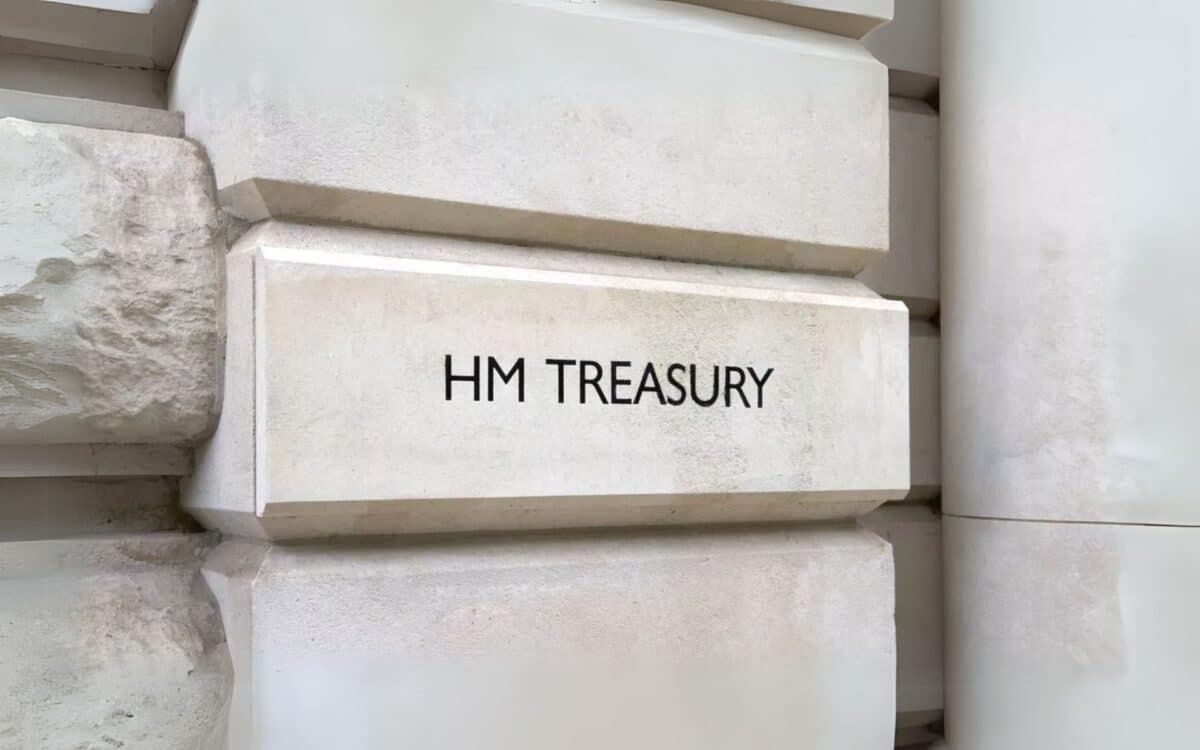

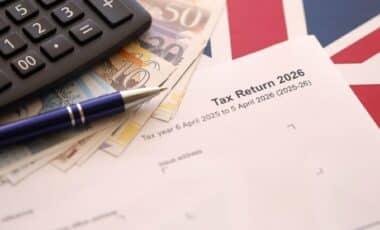
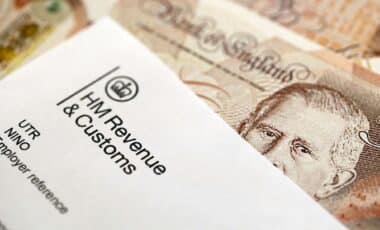
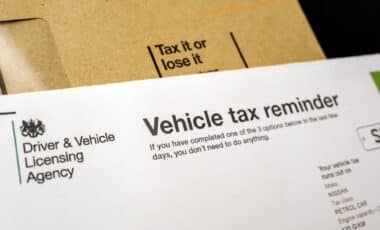
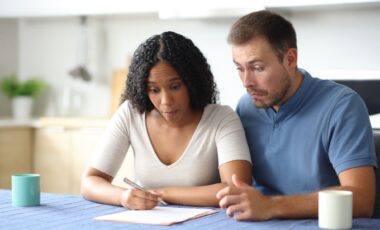
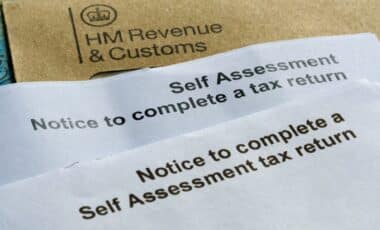


As always its the pensioners who have paid there taxes for 70 years that get hit the hardest of all, there is nothing we can do about it like with draw are labour, but we can with draw are vote, so my advice to any one reading this, is with draw your support from the government.